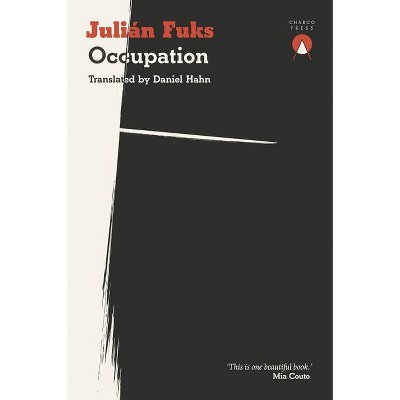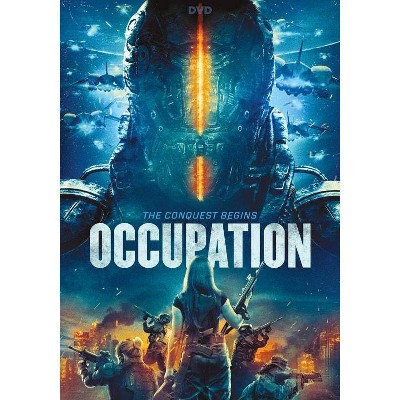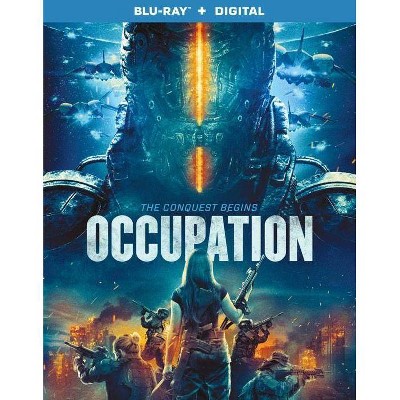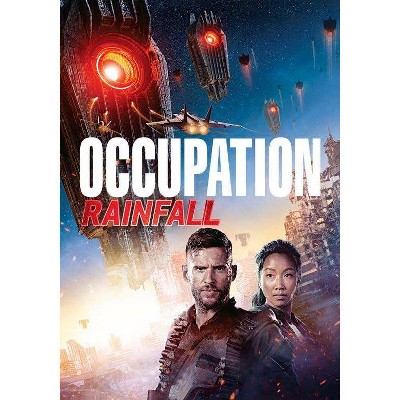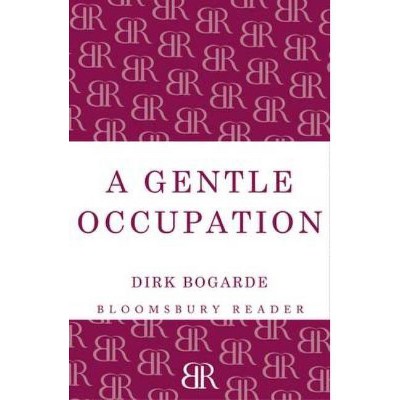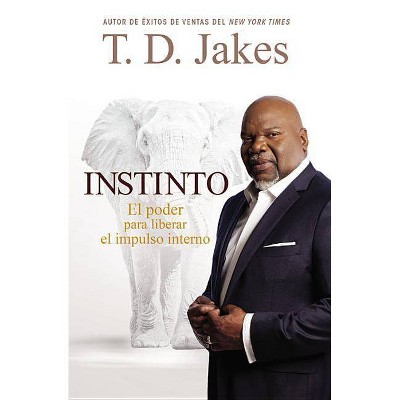Egypt's Occupation - by Aaron G Jakes (Paperback)
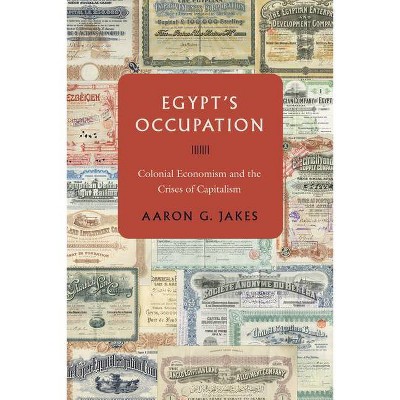
Similar Products
Products of same category from the store
AllProduct info
<p/><br></br><p><b> About the Book </b></p></br></br>"This book reexamines the political economy of foreign rule and the role of political-economic thought in the struggles over the character and status of the British occupation of Egypt after 1882 through its independence in 1922. The book traces a complex history of economism, a term that refers to the reduction of social phenomena to the play of economic forces, and the intermingling of economics and politics in the colonial Egyptian context. It overturns long-standing assumptions of Egypt during the period of British occupation, and deepens our understanding of global capitalism's contradictions and the way that it defines and delimits notions of freedom, with implications that extend to the present day"--<p/><br></br><p><b> Book Synopsis </b></p></br></br><p>The history of capitalism in Egypt has long been synonymous with cotton cultivation and dependent development. From this perspective, the British occupation of 1882 merely sealed the country's fate as a vast plantation for European textile mills. All but obscured in such accounts, however, is Egypt's emergence as a colonial laboratory for financial investment and experimentation. <i>Egypt's Occupation</i> tells for the first time the story of that financial expansion and the devastating crises that followed. </p> <p>Aaron Jakes offers a sweeping reinterpretation of both the historical geography of capitalism in Egypt and the role of political-economic thought in the struggles that raged over the occupation. He traces the complex ramifications and the contested legacy of colonial economism, the animating theory of British imperial rule that held Egyptians to be capable of only a recognition of their own bare economic interests. Even as British officials claimed that "economic development" and the multiplication of new financial institutions would be crucial to the political legitimacy of the occupation, Egypt's early nationalists elaborated their own critical accounts of boom and bust. As Jakes shows, these Egyptian thinkers offered a set of sophisticated and troubling meditations on the deeper contradictions of capitalism and the very meaning of freedom in a capitalist world.</p><p/><br></br><p><b> Review Quotes </b></p></br></br><br>Jakes' powerful merging of economic and intellectual history advances the U.S.-dominated field of 'histories of capitalism' and provides a detailed account of the impact of colonialism on economic underdevelopment through an authoritative study of the British occupation of Egypt. The book adds important new dimensions to this crowded field of scholarship by relying on novel Egyptian archival and press sources to approach the subject through the eyes of the Egyptian population. Jakes argues that the British aimed to improve the fortunes of the ordinary peasant farmer in order to cement their control over Egypt. In a strategy he terms 'economism, ' Jakes traces how the British promoted light taxation and increased access to irrigation for cotton cultivation while expressly avoiding efforts to reform the country in the European model, a choice they justified on culturalist grounds. In the end, these policies worsened the fortunes of the fellahin and enhanced the position of large landholders, leaving Egypt in far worse shape than when they originally took over.--Committee for the Roger Owen Book Award "sponsored by the Middle East Studies Section"<br><br>Jakes has produced a well-written, rewarding reinterpretation of Britain's occupation of Egypt from 1882 to WW I in 1914 that will engage serious readers... <i>Egypt's Occupation</i> skillfully ties together important economic and political themes and may become the definitive analysis of Britain in Egypt. Highly recommended.--B. Harris Jr. "<i>CHOICE</i>"<br><br>Like the finest Egyptian long-staple cotton, <i>Egypt's Occupation</i> is an ideal union of strength of argumentation and beauty of prose. It should be required reading for anyone interested in the history of Egypt or the history of economic thought. It will be of great interest to intellectual historians, colonial historians, and scholars of Middle East Studies and political economy. It deserves to be read by anyone concerned with the inequities and contradictions of global capitalism.--Johan Mathew "<i>EH.net</i>"<br><br>Jakes's book is a much-welcomed contribution, reflecting a renewed interest in political economy analysis--and critical political economy as such--that reunites the study of economic theory and interests with that of colonial politics.--Relli Schechter "<i>Mediterranean Historical Review </i>"<br><br><i>Egypt's Occupation</i> offers a richly researched study of finance, racism, and popular politics and an insightful account of the fraught relationship between capitalism and democracy in the colonial and post-colonial world. With this book, Aaron Jakes makes an important intervention in our understanding of the history of capitalism.--Andrew Zimmerman "George Washington University"<br><br>Aaron Jakes gives us a masterpiece of historical interpretation. Weaving together stories of global finance, imperial rule, the devastations of cash-crop agriculture, and anti-colonial politics, <i>Egypt's Occupation</i> is a rare synthesis: a finely crafted regional study that grasps the worldwide movements of capital and empire at every turn. With elegant prose and extraordinary narrative power, Jakes's insights on modernity's webs of power, capital, and life left me reeling. We will be debating and synthesizing these arguments for many years to come.--Jason W. Moore "Binghamton University, author of <i>Capitalism in the Web of Life</i>"<br><br>Aaron Jakes has written a definitive study of the British occupation of Egypt.[A] magisterial account.--Robert L. Tignor "<i>Middle East Journal</i>"<br><br>An important and engaging rereading of the history of British colonialism in Egypt through the revealing lens of 'colonial economism.' The voices of classic figures, both British and Egyptian, are heard anew as Aaron Jakes guides us smoothly through a forest of thoughts and policies about matters economic and political in British-occupied Egypt.--Judith E. Tucker "Georgetown University"<br><p/><br></br><p><b> About the Author </b></p></br></br><b>Aaron G. Jakes</b> is Assistant Professor of History at The New School.
Price History
Cheapest price in the interval: 29.49 on November 8, 2021
Most expensive price in the interval: 29.49 on December 20, 2021
Price Archive shows prices from various stores, lets you see history and find the cheapest. There is no actual sale on the website. For all support, inquiry and suggestion messages communication@pricearchive.us
